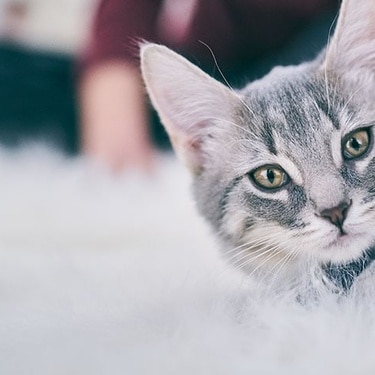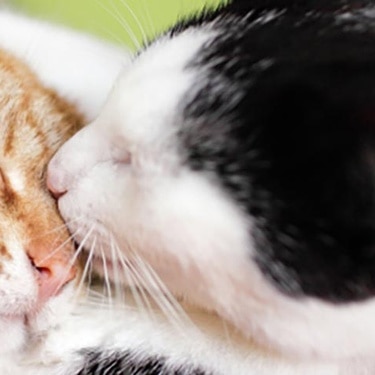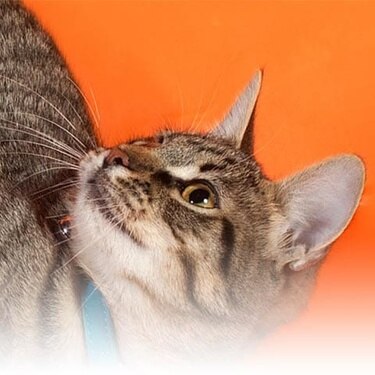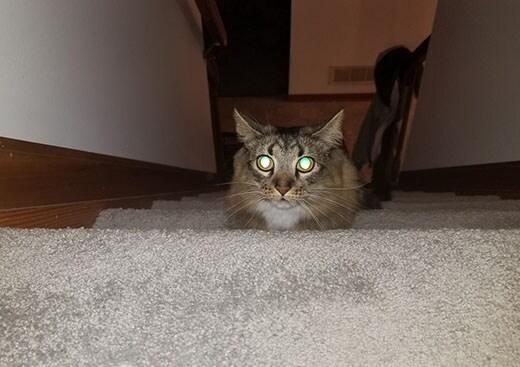
-
Find the right food for your petTake this quiz to see which food may be the best for your furry friend.Find the right food for your petTake this quiz to see which food may be the best for your furry friend.Health CategoryFeatured products
 Adult Perfect Weight & Joint Support Chicken & Brown Rice Recipe Dog Food
Adult Perfect Weight & Joint Support Chicken & Brown Rice Recipe Dog FoodThis weight management and mobility support dog food was created with Hill’s unique understanding of the biology of overweight dogs.
Shop Now Adult 6+ Large Breed Chicken Meal, Barley & Rice Recipe Dog Food
Adult 6+ Large Breed Chicken Meal, Barley & Rice Recipe Dog FoodSupports energy level, joint health, and beautiful coat in large breed mature dogs
Shop Now Puppy Sensitive Stomach & Skin Salmon & Vegetable Stew
Puppy Sensitive Stomach & Skin Salmon & Vegetable StewGentle on stomachs while nourishing skin & supporting development in growing puppies
Shop Now -
DogCat
- Cat Tips & Articles
-
Health Category
- Weight
- Skin & Food Sensitivities
- Urinary
- Digestive
- Kidney
- Dental
- Serious Illness
-
Life Stage
- Kitten Nutrition
- Adult Nutrition
Featured articles The Right Diet For Your Pet
The Right Diet For Your PetLearn what to look for in healthy pet food & nutrition, including ingredients, quality of the manufacturer, your pet's age, and any special needs they have.
Read More Water
WaterWater is the most important nutrient of all and essential for life. Animals can lose almost all their fat and half their protein and still survive, but if they lose 15% of their water, it will mean death.
Read More Pet Food Storage Tips
Pet Food Storage TipsWhere you store your cat and dog food can make a big difference in the quality and freshness once it is opened. Here are some common questions and recommendations for optimal storage for all of Hill’s dry and canned cat and dog food.
Read More -


Glowing cat eyes have conjured thoughts of the supernatural for thousands of years, but why do cats eyes glow in the dark? While it might be fun to joke that your cat has X-ray vision, there are some actual scientific reasons behind that glow in cat eyes.
How and Why Do Cats Eyes Glow In The Dark?
A cat's glowing eyes are caused by incoming light reflecting off what's called the tapetum lucidum — Latin for "shining layer" — explains Cat Health. The tapetum is a layer of reflective cells; light bounces off it and reflects back to the cat's retina. This creates the appearance of a glow. ScienceDirect reports that this glow can appear in colors including blue, green or yellow.


Tasty Tips
Survival Skills
But glowing cat eyes don't just look cool, they serve a clear purpose. The tapetum increases retinal illumination in low lighting, and in combination with the rods in their eyes, allows cats to detect changes in light and motion. These are skills that aid them in hunting - another reason as to why do cats eyes glow in the dark.
Cats are crepuscular animals, meaning they do most of their hunting during twilight. This is when glowing cat eyes come in handy; they function like tiny flashlights, helping navigate through the shadows and distinguish between prey and predator. Your cat might be your favourite cuddle partner but, like their big cat cousins in the wild, they're also a hunter.
Cat Eyes vs. Human Eyes
Cat eyes have better night vision than humans and this is due to the structure, including the tapetum. Yet cats can't make out sharp lines and angles. Everything looks a bit fuzzy to them.
Cats' eyes are also very efficient. According to AdelaideVet “they can see normally with as little as 15% of light that humans would need. Also, their pupils’ function much as the aperture for a camera does, dilating significantly when they need to take in extra light. Cats in particular have exceptionally large pupils for their body size and outstanding night-time vision.”
Another awesome advantage cats have over humans is that they can use their muscles to control how much light enters their eyes. Cat’s turn their pupils into slits in order to absorb less light, when they detect too much. This muscle control also allows them to dilate their pupils on command, which broadens their field of vision and helps them find their way. (You may also notice dilated pupils when your cat's about to pounce, so watch out.)
Don't get frightened the next time you see your cat's eyes aglow — they're just trying to get a better look at you!


Christine O'Brien is a writer, mom, and long-time cat parent whose two Russian Blues rule the house. Her work also appears in Care.com, What to Expect, and Fit Pregnancy, where she writes about pets, pregnancy, and family life. Find and follow her on Instagram and Twitter @brovelliobrien.
Related products

With delicious chunks in a decadent gravy

With delicious chunks in a decadent gravy

Gourmet daily nutrition, carefully made. Tasty chunks with chicken & beef in a decadent gravy. Supports digestive health, nourishes skin and promotes a lustrous fur.

With delicious chunks in a decadent gravy
Related articles

HillsPet Nutrition provides information on proper nutrition, fitness and special needs in keeping your cat healthy and happy.

Being overweight puts a cat at risk for developing many serious health issues. Weight gain indicates an increase in body fat and usually results when your cat eats too much and exercises too little.

Get helpful information on proper feline oral healthcare and why it's so vital to take care of your cat's teeth.

As a responsible pet owner you owe it to yourself and your cat to understand problems associated with overweight cats.

Put your cat on a diet without them knowing
Our low calorie formula helps you control your cat's weight. It's packed with high-quality protein for building lean muscles, and made with purposeful ingredients for a flavorful, nutritious meal. Clinically proven antioxidants, Vitamin C+E, help promote a healthy immune system.
Put your cat on a diet without them knowing
Our low calorie formula helps you control your cat's weight. It's packed with high-quality protein for building lean muscles, and made with purposeful ingredients for a flavorful, nutritious meal. Clinically proven antioxidants, Vitamin C+E, help promote a healthy immune system.


